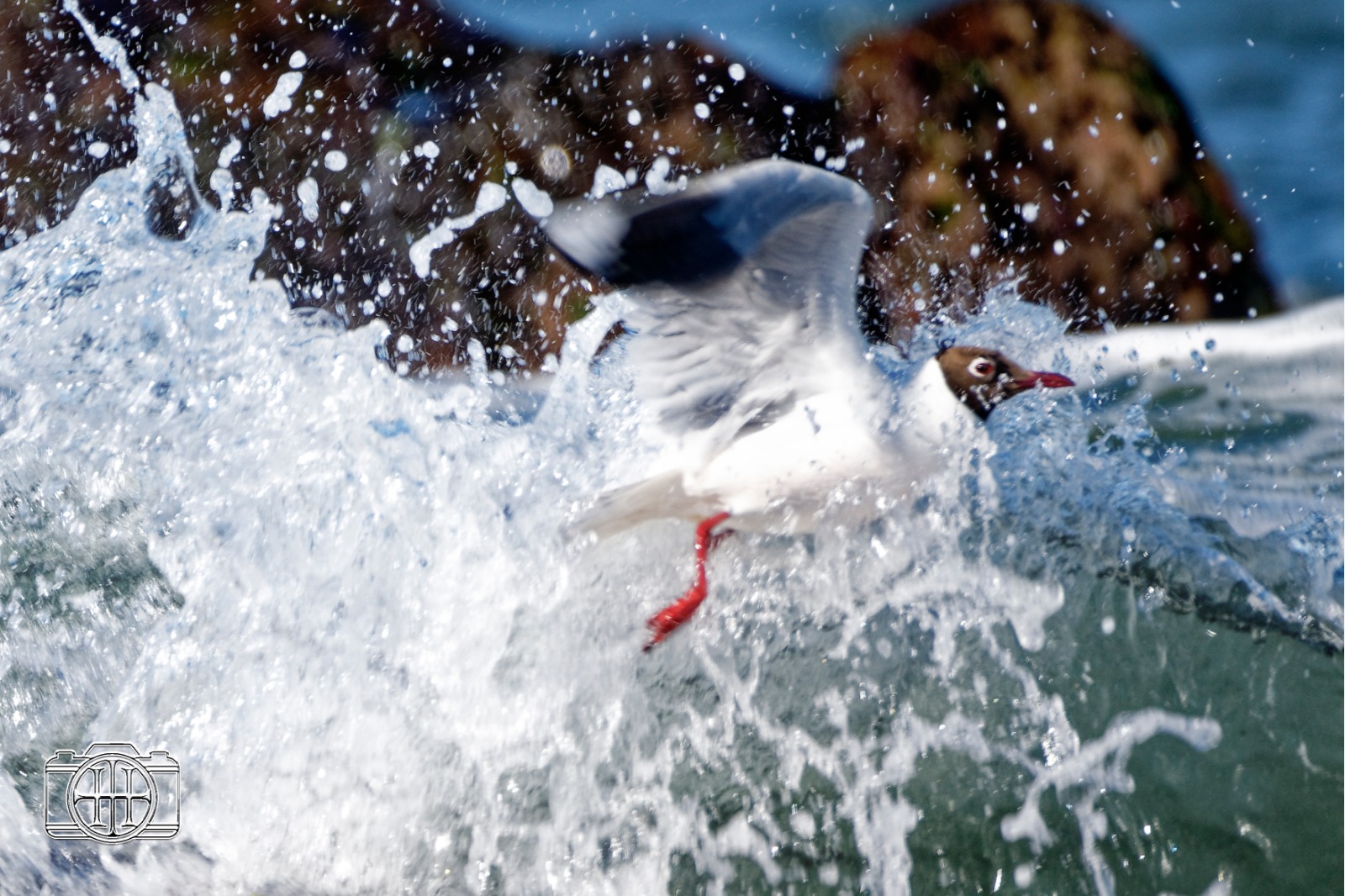Uncertainty
Refers to ignorance about the status, behavior or changes in a system. Social-ecological systems are complex, so change and uncertainty are their inherent characteristics and not a mistake that can be removed through technological progressor the advancement of science.
The distinction between sources of uncertainty is key, as it requires different methods and approaches to incorporate them into decision-making processes.


Foto por Hugo Inda
Significant efforts are made to predict future conditions regarding, for instance,climate, trade relations or social and economic dynamics. However, scientific evidence has a degree of uncertainty that is generally not properly explained or incorporated when designing instruments and policies.
There are different types of uncertainty and each requires another strategy in the decision-making process:
–– epistemic uncertainty derives from the imperfect knowledge of a system,
–– ontological uncertainty is related to inherent variability and unpredictability in the behavior or performance of such a system.
Interactions between uncertainties come from different systems (social, economic, and social) interacting with each other, adding another layer of complexity. In addition, it is not possible to understand human behavior perfectly, let alone to foresee it. The uncertainty in this field is usually greater than in climate system or the response of ecosystems to human pressures. All decision-making processes involve different actors with particular interests and belief systems, opinions and preferences that give rise to another type of uncertainty: ambiguity.
The current uncertainties will be the certainties of tomorrow, ignorance of the unknown in the present will be part of future uncertainties. This cycle is repeated indefinitely, therefore, uncertainty and change are intrinsic and ever-present properties of social-ecological systems as well as any complex system.
The current challenge is to explicitly recognize and incorporate uncertainty into the analysis and decision-making processes. The approach required is to promote interdisciplinary knowledge, participation and, above all, a strategy focused on strengthening the resilience of systems.
Key References →
Biggs, R., Schlüter, M., Schoon, M.L., eds. (2015). Principles for building resilience. Sustaining ecosystem services in socialecologicalsystems. Cambridge: Cambridge University Press.
Brugnach, M., Dewulf, A., Pahl-Wostl, C., Taillieu, T. (2008).Toward a relational concept of uncertainty: About knowing too little, knowing too differently, and accepting not to know. Ecology and Society. 13(2):30.
Drieschova, A. and Fischhendler, I. (2012). A toolkit of mechanisms to reduce uncertainty in international water treaties. Jerusalem: The Hebrew University of Jerusalem. CLICO project.
Gross, M. (2010). Ignorance and surprise. Science, Society, and Ecological Design. The MIT Press, London.
Jacobi, P. R., Ferraz de Toledo, R., Giatti, L. L. (2019) Ciência Pósnormal. Ampliando o dialógo com a sociedade diante das crises ambientais contemporâneas. Faculdade De Saúde Pública, Universidade de Sao Pablo
Lane, D. A. and Maxfield, R. R. (2005). Ontological uncertainty and innovation. Journal of Evolutionary Economics. 15(1):3-50.
Miller, R., Poli, R., Rossel, P., Simard, N. (2018). Transforming the future, anticipation in the 21 st century. Routledge-UNESCO Co-publication.
Walker, B.H., and Salt, D. (2006). Resilience Thinking: SustainingEcosystems and People in a Changing World. Washington,
D.C.:Island Press.Walker, W. E., Haasnoot, M., Kwakkel, J. H. (2013). Adapt or perish: A review of planning approaches for adaptation under deep uncertainty. Sustainability. 5(3):955–979.
Additional suggested readings
Mazzeo, N., Zurbriggen, C., Trimble, M., Bianchi, P., Gadino, I., Steffen, M. (2017). Sostenibilidad ambiental del Uruguay: aportes desde el pensamiento resiliente. Instituto Sudamericano para Estudios sobre Resiliencia y Sostenibilidad (SARAS). Bella Vista, Maldonado, Uruguay
Mazzeo, N., Trimble, M., Garrido, L., De Tezanos, P., Terra, R., Zurbriggen, C., Inda, H., Crisci, C., Pacheco, J.P., González- Madina, L., Levrini, P., Gadino, I, Steffen, M., Bianchi, P. (2018). Aportes al Plan Director de Agua y Saneamiento de OSE para el departamento de Maldonado, Uruguay. Convenio OSE-SARAS
Mazzeo, N., Díaz, I., Garrido, L., Zurbriggen, C., Trimble, M. (2019). Monitoreo y evaluación de la capacidad de adaptación al cambio climático: cómo aprender haciendo y sus implicancias en la toma de decisiones. Elaborado en el marco del proyecto LatinoAdapta: Fortaleciendo vínculos entre la ciencia y gobiernos para el desarrollo de políticas públicas en América Latina, implementado por de la Red Regional de Cambio Climático y Toma de Decisiones – Programa UNITWIN de UNESCO, Fundación Avina y Centro Internacional de Investigaciones para el Desarrollo (IDRC) de Canadá.
